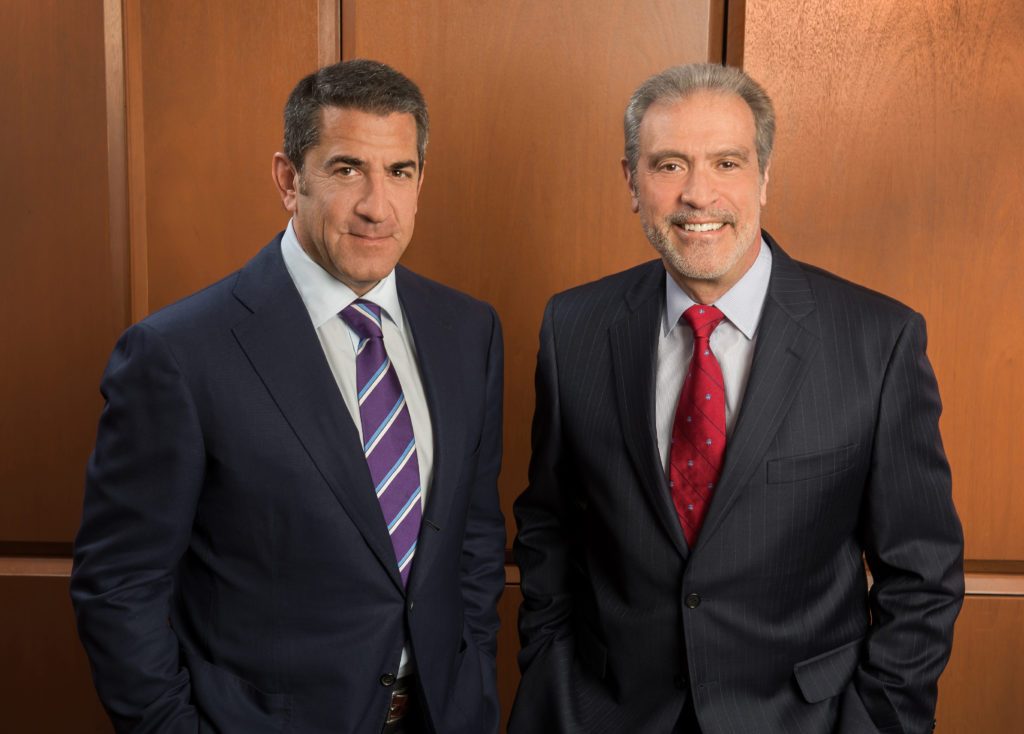Back in April, the Florida Department of Transportation released a rather eye-opening and altogether frightening study concerning the incidence of wrong-way crashes in the state from 2009 to 2013.
What the FDOT researchers discovered was that during this timeframe, the Sunshine State saw an astounding 280 wrong-way crashes resulting in 400 personal injuries and 75 fatalities.
Furthermore, they found that the cause of these wrong-way accidents typically followed a very similar narrative: People between the ages of 16 to 24 getting behind the wheel during either the early morning/late night weekend hours after having too much to drink.
Perhaps even more interesting, they also discovered that the vast majority of these crashes occurred in and around exit ramps located in urban areas.
Armed with these discoveries, FDOT launched a statewide pilot program in October 2014 designed to test possible solutions for preventing wrong-way crashes, some of which included the following:
- Certain interchanges and highway ramps in Miami-Dade County (which saw 168 wrong-way crashes in 2015) were equipped with large solar-powered “wrong way” signs that light up when emitted radar signals detect a car is traveling in the wrong direction. In addition, cameras installed on the signs snap pictures of the vehicle and immediately forward them to the highway patrol dispatch.
- Certain highway ramps in the Panhandle were equipped with solar-powered reflective strips on the pavement that appear white when the driver is going the right direction, but appear red when the driver is going the wrong direction.
Thus far, the measures have seen considerable success. To date, the sign system here in South Florida has caught 23 motorists going the wrong direction, causing all but one to correct their potentially deadly error.
It’s highly encouraging to see that these pilot systems are actually working. Here’s hoping we continue to see real progress in preventing wrong-way crashes.
In the meantime, if you have suffered severe personal injuries or lost a loved one because of the reckless of another behind the wheel, please consider speaking with an experienced legal professional to learn more about your options as soon as possible.

